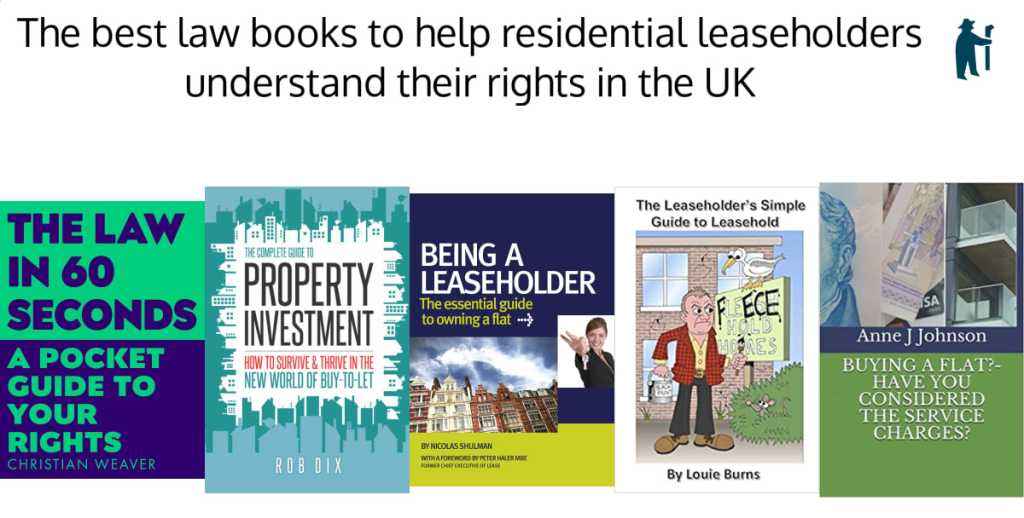
Thousands of people have done well out of Margaret Thatcher’s right to buy, including Labour’s Angela Rayner. But not everyone has been so lucky. Amongst the least-lucky are those leaseholders who purchased high-rise flats under right-to-buy and are now facing sky-high service charges. Amongst those, are the leaseholders in Verulam House in Hammersmith Grove who are facing service charges of between £17,500 and £21,500 for window replacements which they say are not needed. One of the problems for right-to-buy leaseholders is that although they are the ones picking up the bills, they have little say in the matter because they will always be in a minority.
Although residential leaseholders now have extensive rights to take over the management of their flats, they can only do this by acting collectively. For example, the statutory ‘right to manage’, introduced by the Commonhold and Leasehold Reform Act 2002, can only apply where a majority of qualifying leaseholders are on board with it. But this is of no help to right-to-buy leaseholders where the majority of flats in a high-rise block are still owned by the local authority and let out as social housing. The most, to which those right-to-buy leaseholders are entitled, is the right to be consulted over proposed service charges under section 20 of the Landlord and Tenant Act 1985. But even this right to be consulted, is cut down for right-to-buy leaseholders because they do not have the same right to nominate their own contractor as is enjoyed by other private leaseholders. And even the prices may be higher as councils are constrained in their choice of contractor because of the need to comply with rigid procurement regulations, which means that they cannot shop around for the best deal.





